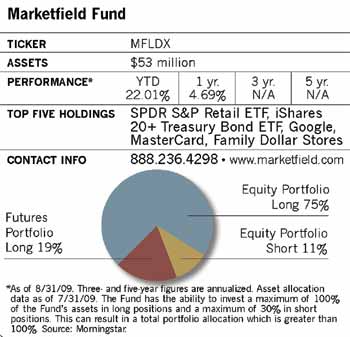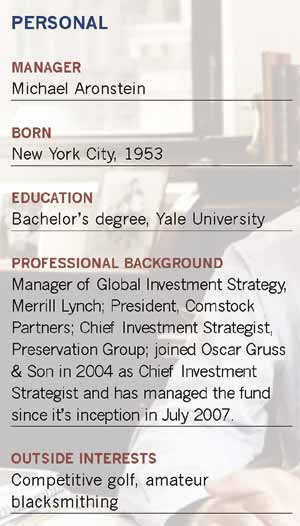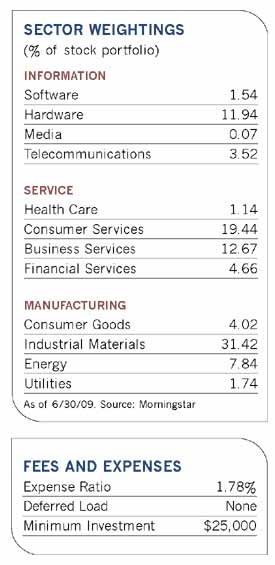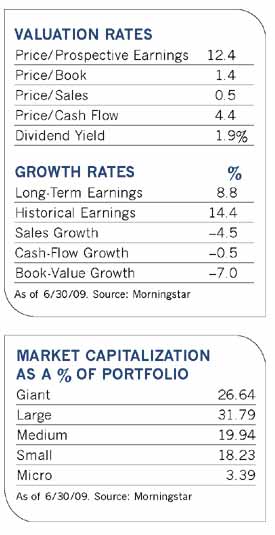Short-term rates are near historic lows, which is giving borrowers access to credit. High-grade corporate bonds have rallied, and the issuance among investment-grade companies has increased. Credit, while rationed by a crippled banking system, is available for high-quality borrowers.
But actions taken by Congress to stimulate the economy will "turn out to be a waste of time and money," he says. "Their lasting effect will be to distort the distribution of resources within our economy and ensure a long-term real growth rate below what it would have been without political intervention." He fears that current proposals related to tax policy, carbon emissions controls and international trade are harmful to long-run prospects for growth. And history shows that while regulatory reforms may provide a patch for certain problems, they consistently fail to protect the financial system as a whole from malfeasance and abuse.
Increasingly, he says, the U.S. economy will be shaped by government intrusions into the private sectors, which could eventually suppress any anticipated cyclical recovery. "Because competition and free-market pricing are the basis of our capitalistic system, any attempt to subject these to political control will distort the distribution of resources and undermine the efficiency and productivity of the economy as a whole," he maintains.
For now, however, the fund's stance remains fairly bullish. While government policy decisions could have a long-term impact, and inflation could kick up as the credit crunch eases, these are not yet driving themes shaping his portfolio. "Our sense is that current constructive market forces will prevail in the short-to-intermediate term," he says.
But, as always, Aronstein is keeping an eye out for the next economic inflection point that will signal a change in strategy. "The time to worry," he says, "is when the consensus view begins catching up with our own."












